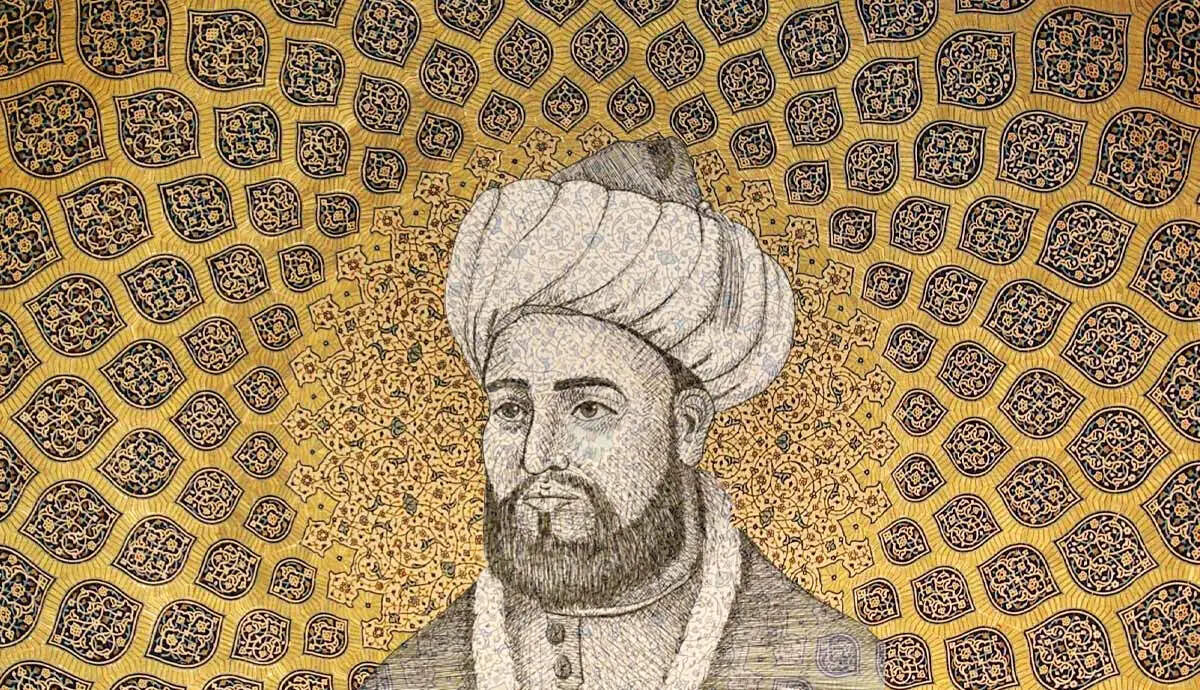
Al-Ghazali, also known as Abu Hamid al-Ghazali, was a prominent 11th-century Persian philosopher, theologian, and jurist. His contributions to Islamic philosophy and theology had a profound impact on the development of the Islamic intellectual tradition. Al-Ghazali’s work continues to be studied and revered by scholars and students of philosophy and religion across the globe.
In this article, we will delve into eight astounding facts about Al-Ghazali. From his early life to his intellectual journey, we will explore the highlights of his remarkable legacy. From his world-renowned books to his teachings on spirituality and ethics, Al-Ghazali’s influence extended far beyond his own time and place.
Join us as we uncover the captivating life and works of this influential figure and discover why Al-Ghazali’s ideas continue to be relevant and inspiring centuries later.
Key Takeaways:
- Al-Ghazali, a remarkable Islamic scholar, overcame doubt and contributed to philosophy, Sufism, and ethical living, leaving a lasting impact on Islamic scholarship and Western thought.
- His journey from skepticism to faith and his influential writings continue to inspire seekers and scholars, shaping Islamic philosophy and spirituality for generations to come.
Early Life and Education
Al-Ghazali, an influential Muslim theologian, philosopher, and jurist, was born in 1058 in Tus, Persia (present-day Iran). He received his education in various Islamic disciplines, excelling in theology, philosophy, law, and jurisprudence.
Crisis of Doubt
Al-Ghazali experienced a profound crisis of faith and doubt during his early career, which led him on a spiritual journey to seek answers and find a deeper understanding of Islamic teachings.
Scholarly Contributions
Al-Ghazali is widely regarded for his significant contributions to Islamic philosophy and theology. He wrote numerous influential works, including “The Incoherence of the Philosophers” and “The Revival of Religious Sciences,” which greatly impacted Islamic scholarship.
Influence on Sufism
Al-Ghazali played a crucial role in the development and popularization of Sufism, a mystical branch of Islam focused on attaining spiritual enlightenment and inner union with the Divine. His writings on Sufism had a lasting impact on the Islamic mystical tradition.
Advocate for Ethical Living
Al-Ghazali emphasized the importance of ethical living and the pursuit of spiritual purification. He advocated for the integration of piety and moral excellence in every aspect of life, encouraging individuals to cultivate virtuous qualities and abstain from sinful behavior.
Legacy in Islamic Philosophy
Al-Ghazali’s philosophical ideas had a profound impact on subsequent Islamic thinkers. His critique of Aristotelian philosophy and defense of faith-based knowledge influenced the development of Islamic philosophy in the centuries that followed.
Influence on Western Thought
Al-Ghazali’s works were eventually translated into Latin, making them accessible to Western scholars during the Middle Ages. His writings on philosophy, theology, and mysticism influenced notable European thinkers, such as Thomas Aquinas and Roger Bacon.
Spiritual Journey and Transformation
Al-Ghazali’s personal spiritual journey led him to embrace Sufism and find inner peace and enlightenment. His profound transformation from skepticism to staunch faith became a source of inspiration for many seekers on the path of spirituality.
Conclusion
In conclusion, Al-Ghazali’s life and contributions to Islamic philosophy, theology, and mysticism are truly astounding. Through his intellectual rigor and spiritual quest, he left an indelible mark on Islamic scholarship and influenced generations of scholars and thinkers. His emphasis on ethical living and pursuit of spiritual enlightenment continues to resonate in the hearts of believers worldwide.
Conclusion
In conclusion, Al-Ghazali was truly an astounding figure whose impact on Islamic philosophy and spirituality cannot be overstated. Through his teachings and writings, he sought to reconcile reason and faith, offering profound insights that continue to inspire and influence scholars and seekers to this day.His journey from a brilliant professor to a mystic seeking inner truth serves as a powerful reminder of the importance of spiritual exploration and the quest for self-discovery. Al-Ghazali’s immense contributions to Islamic thought and theology have left an indelible mark on the intellectual history of the Muslim world.As we marvel at the depth of his wisdom and the breadth of his knowledge, let us take inspiration from Al-Ghazali’s intellectual fearlessness and his unwavering commitment to seeking truth. May his legacy continue to guide and illuminate the path of those who embark on their own spiritual journeys, forever transforming the way we understand ourselves and our place in the world.
FAQs
1. Who was Al-Ghazali?
Al-Ghazali, also known as Imam al-Ghazali or Hujjat al-Islam, was a prominent Islamic theologian, philosopher, and mystic who lived in the 11th century.
2. What were Al-Ghazali’s major contributions?
Al-Ghazali made significant contributions in various fields, including philosophy, jurisprudence, theology, and mysticism. He is best known for his works on Sufism and his attempt to reconcile philosophy with Islamic teachings.
3. What is Al-Ghazali’s philosophy?
Al-Ghazali’s philosophy emphasized the importance of inner spiritual experience and the pursuit of knowledge as a means to attain true understanding of God. He believed in the power of reason but also recognized the limitations of human intellect.
4. How did Al-Ghazali influence Islamic thought?
Al-Ghazali’s writings and teachings had a profound impact on Islamic thought, especially in the areas of theology, mysticism, and jurisprudence. His works served as a bridge between traditional Islamic scholarship and the emerging philosophical ideas of his time.
5. What is Al-Ghazali’s most famous book?
Al-Ghazali’s most famous book is “The Revival of the Religious Sciences” (Ihya Ulum al-Din), a comprehensive work that covers various aspects of Islamic spirituality, ethics, and social affairs.
6. Is Al-Ghazali still relevant today?
Absolutely. Al-Ghazali’s teachings and ideas continue to be studied and revered by scholars, students, and spiritual seekers around the world. His insights on the inner path, the nature of knowledge, and the importance of spiritual purification still resonate deeply with individuals today.
7. What can we learn from Al-Ghazali’s life?
Al-Ghazali’s life teaches us the importance of self-reflection, intellectual curiosity, and the pursuit of truth. His journey from doubt to faith, from worldly success to self-discovery, serves as an inspiration for those seeking a deeper understanding of themselves and the world around them.
8. How can I explore Al-Ghazali’s teachings?
You can explore Al-Ghazali’s teachings by reading his books, particularly “The Revival of the Religious Sciences” and “The Alchemy of Happiness.” Many translations and commentaries of his works are available in various languages, providing insights into his philosophy and spiritual teachings.
Al-Ghazali's intellectual journey is truly inspiring, but there's more to explore in the realm of Islamic thought and beyond. Delve into the brilliance of Alhazen Ibn AlHaytham, a luminary of the Islamic Golden Age, whose scientific contributions continue to astound. For those intrigued by moral philosophy, our exploration of environmental ethics will challenge your assumptions and broaden your perspective. And if you're fascinated by the intersection of faith and reason, don't miss our deep dive into the life and ideas of Thomas Aquinas, a giant in the field of theology.
Was this page helpful?
Our commitment to delivering trustworthy and engaging content is at the heart of what we do. Each fact on our site is contributed by real users like you, bringing a wealth of diverse insights and information. To ensure the highest standards of accuracy and reliability, our dedicated editors meticulously review each submission. This process guarantees that the facts we share are not only fascinating but also credible. Trust in our commitment to quality and authenticity as you explore and learn with us.


